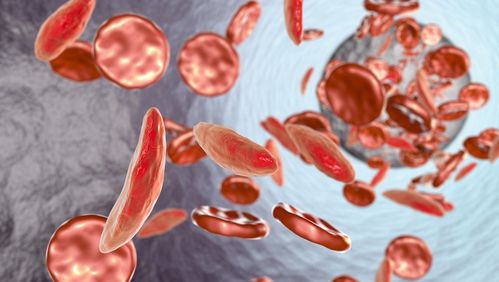When faced with health challenges in life, people often lean towards Western medicine but may overlook the unique aspects of traditional Chinese medicine. In fact, in certain situations, traditional Chinese medicine therapy can bring about better therapeutic effects. Here is an overview of five types of diseases suitable for seeking traditional Chinese medicine treatment:
Gastrointestinal diseases: Traditional Chinese medicine has rich experience in regulating the spleen and stomach, not only focusing on relieving symptoms but also emphasizing the fundamental restoration of spleen and stomach functions. For conditions like chronic gastritis, gastric ulcer, etc., traditional Chinese medicine can effectively improve symptoms through differentiation treatment, tonifying the spleen and stomach, soothing the liver and regulating qi, as well as acupuncture, and massage.
Gynecological diseases: Addressing issues unique to women such as irregular menstruation and dysmenorrhea, traditional Chinese medicine starts from the liver, spleen, kidneys, and other organs, adjusting the constitution to achieve therapeutic purposes. At the same time, integrating psychological counseling to help patients relax and cope with stress.
Pediatric diseases: For children’s illnesses like colds, coughs, traditional Chinese medicine utilizes its holistic concept and differential treatment to quickly alleviate symptoms by harmonizing the spleen and stomach, disseminating lung to stop coughing, among other methods. Non-drug therapies like acupuncture and massage are also effective for children, showing significant results.
Neurological diseases: In addressing neurological issues such as insomnia, depression, traditional Chinese medicine regulates the body’s balance, uses acupuncture to treat insomnia, or adjusts the liver and spleen to combat depression and anxiety, demonstrating its unique therapeutic effects.
Viral infections: Traditional Chinese medicine also offers treatment for common viral infections like colds, flu, by employing strategies such as clearing heat and detoxifying, disseminating lung to stop coughing, to accelerate the recovery process. It has shown good performance in treating viral hepatitis, hand-foot-and-mouth disease as well.
In the face of health challenges, one should not unilaterally pursue Western medicine but rather make a reasonable choice of treatment based on the actual condition. Acute conditions or those requiring surgery may be more suitable for Western medicine; however, chronic diseases and situations requiring comprehensive regulation favor traditional Chinese medicine. Regardless of the choice, it is important to seek help from formal medical institutions and qualified physicians to ensure safe and effective treatment.


